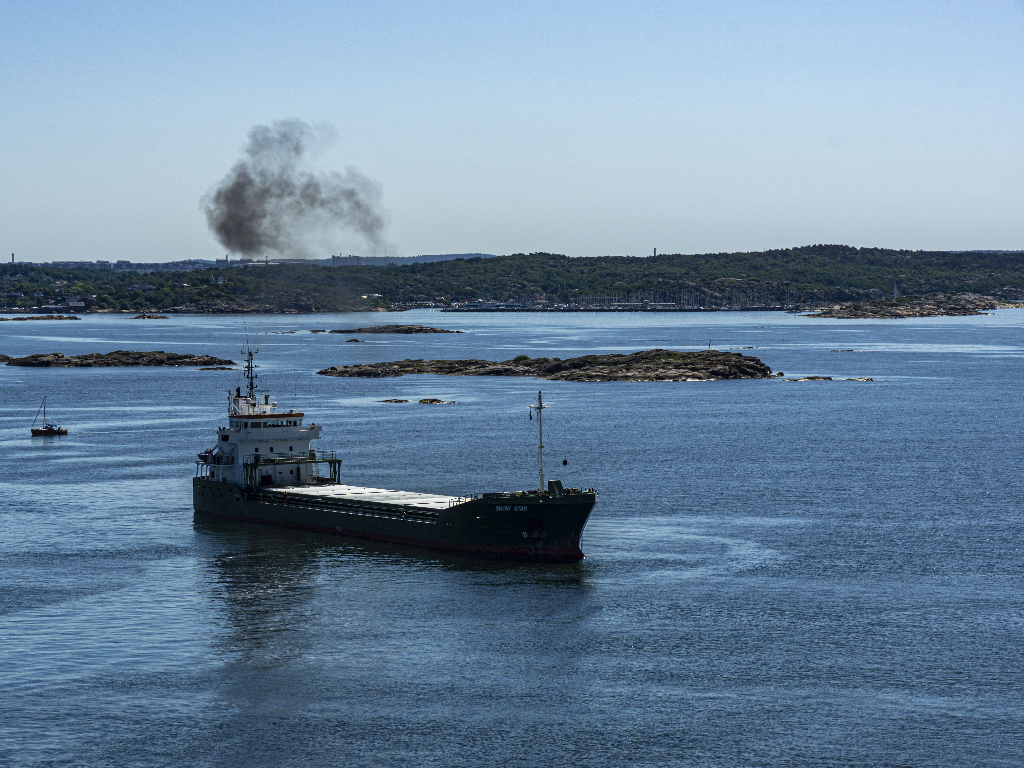Ahead of the European Parliament (EP) plenary vote on CO2 standards for heavy-duty vehicles, European shipowners, gathered in the European Community Shipowners’ Associations (ECSA), highlight once more the urgent need to make clean affordable fuels available for shipping.
Sufficient quantities of sustainable and scalable renewable fuels are key for the energy transition of the shipping industry. However, the current lack of availability risks blocking the energy transition of the shipping sector, which is already one of the most difficult to decarbonise.
Although all sectors of the European economy need access to clean fuels and energy sources, the European shipping industry is concerned about calls to provide further incentives for the use of additional quantities of biofuels and RFNBOs in heavy-duty road transport by introducing the so-called Carbon Correction Factor (CCF). It is noteworthy that the direct use of hydrogen in fuel cells falls outside the scope of the CCF and is defined as zero-emission vehicle technology under the CO2 standards for heavy-duty vehicles.
‘The “Fit for 55” package and the recent historic IMO agreement have set clear targets making the energy transition of shipping not a question of “if” but a question of “how”,’ says Sotiris Raptis, ECSA‘s Secretary General. ‘The energy transition will require immense quantities of clean and affordable fuels for shipping, which is one of the most difficult sectors to decarbonise. We urge the EU policymakers to oppose diverting crucial quantities of clean fuels away from shipping by creating artificial demand for them in other sectors where alternatives exist.’
Also read: ECSA: Shipping ETS revenues should be used to bridge price gap between new and conventional fuels
CO2 standards for trucks
European co-legislators are currently revising the CO2 emission standards for new heavy-duty vehicles under which vehicle manufacturers have to reduce average fleet emissions of their new sales by 45 per cent in 2030, 65 per cent in 2035, and ninety per cent in 2040. Zero-emission trucks and buses are defined as battery electric, hydrogen fuel cell, or hydrogen combustion vehicles.
The plenary vote is scheduled for this week.
Also read: ‘Basel III Rules good starting point, but further action needed’








